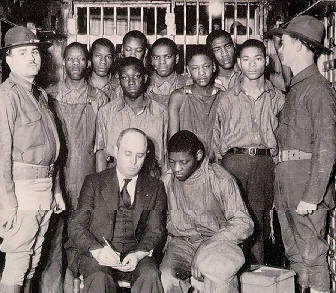
This continues a series in which I engage Bill Vallicella‘s critical exploration of aspects of biblical theism, especially when he interacts with my efforts to explain what I mean by philosophizing before or after Christ. (See Part I, Part II.)
To return to one of Bill’s recent questions, which I have been answering, but perhaps not (yet) to his satisfaction):
Why does an account of the intrinsic intelligibility of the natural world in terms of Divine Creative Mind require the specific doctrines of normative Christianity? That and that alone is the question I am raising . . . . The question I raised in the initial post was whether the knowledge involved when a person knows that the Sun has risen is exactly the same sort of knowledge involved when a person knows—if he does know—that Christianity is true.[1]
I gave part of my answer in Part II. The intelligibility of the natural world owes to its being what God in Scripture says it is (including what we are). God says many other things from which one may infer the “specific doctrines of normative Christianity.”
How does one know that the Sun has risen? Well, for practical purposes, one trusts that one’s senses, memory, command of language (to affirm the proposition, even tacitly, “The Sun has risen”), and so forth can support perceptual knowledge claims. But what justifies the trust, the memory, the linguistic command, the imperative to tell the truth (even if only to oneself), and so forth?
That’s where worldview comes in. Only one fills the bill, in my view.
Continue reading “Christianity and intelligibility, Part III”

 With that good under attack today with increasing frequency, it’s good to recall what it is and what suffers when the attack succeeds. I’ve excerpted the following paragraphs from “What Is ‘The Free Market’?,”
With that good under attack today with increasing frequency, it’s good to recall what it is and what suffers when the attack succeeds. I’ve excerpted the following paragraphs from “What Is ‘The Free Market’?,” 

 “You know, when the [United] States already had nuclear weapons and the Soviet Union was only building them, we got a significant amount of information through Soviet foreign intelligence channels . . . . They were carrying the information away not on microfilm but literally in suitcases. Suitcases!” Vladimir Putin, 2012
“You know, when the [United] States already had nuclear weapons and the Soviet Union was only building them, we got a significant amount of information through Soviet foreign intelligence channels . . . . They were carrying the information away not on microfilm but literally in suitcases. Suitcases!” Vladimir Putin, 2012 “The states will determine by vote, or legislation, or perhaps both, and whatever they decide must be the law of the land—in this case [abortion], the law of the state. Many states will be different. Many states will have a different number of weeks … at the end of the day it is all about the will of the people.” Donald Trump,
“The states will determine by vote, or legislation, or perhaps both, and whatever they decide must be the law of the land—in this case [abortion], the law of the state. Many states will be different. Many states will have a different number of weeks … at the end of the day it is all about the will of the people.” Donald Trump, 



